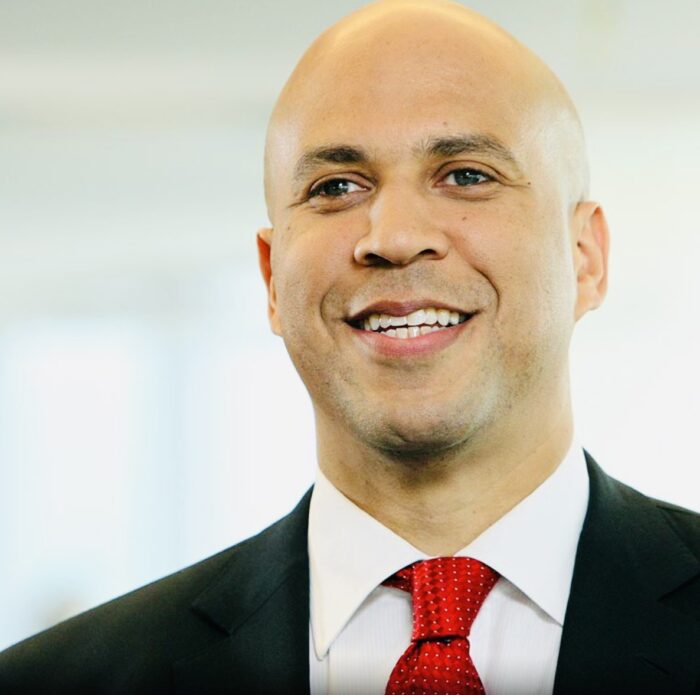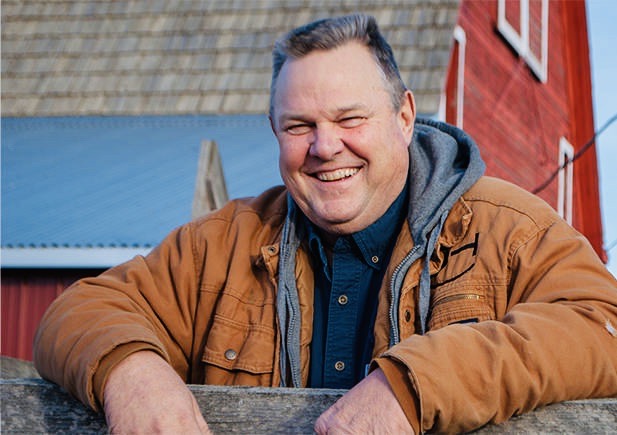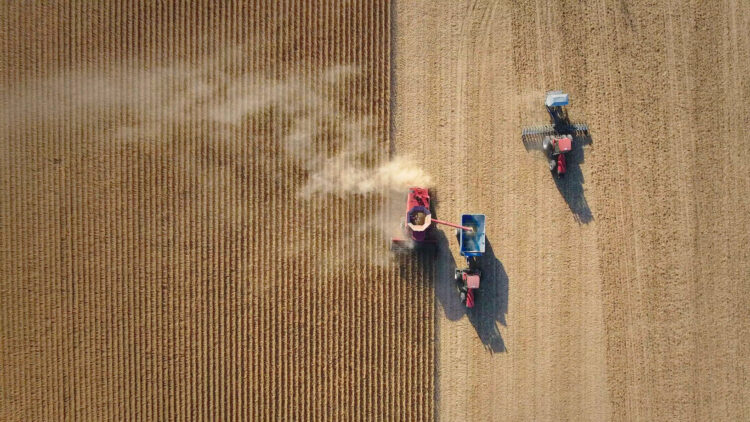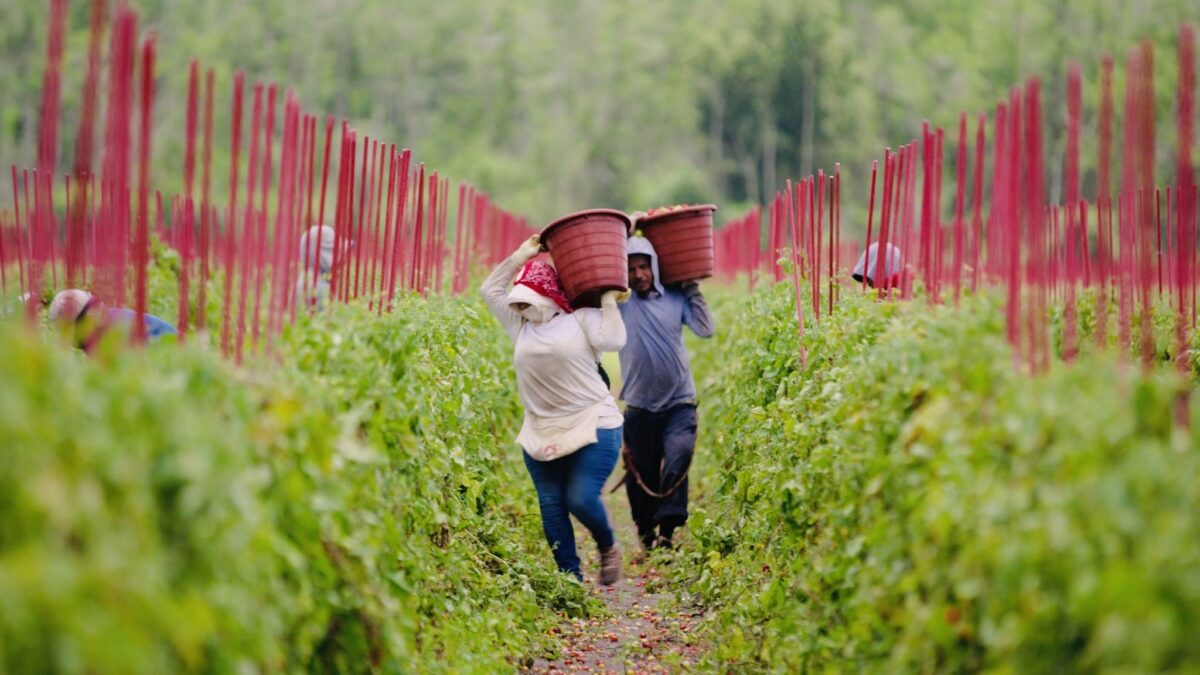Regardless of whether you’re a gourmet or a gourmand, Food, Inc. 2 may very well interest you.
This hard-hitting documentary, a sequel directed by Robert Kenner and Melissa Robledo and scheduled to open in theaters in Canada on April 19, examines the food industry in all its perfect and imperfect permutations.
As they point out, consumers have grown increasingly interested in the food chain since the Covid-19 pandemic, when shortages occurred regularly and people began realizing that the food industry is dominated by a few big companies whose interests don’t necessarily coincide with theirs.
In this intriguing and comprehensive film, a viewer is transported to a wide variety of places — a farm in Florida, a meat packing plant in Iowa, a dairy in Wisconsin, a city in Brazil, and a fishing ground in Connecticut. These far-flung locales reinforce the idea that food imposes a set of relationships that connect us to soil, water, farmers and fishermen.
The filmmakers are critical of the existing food chain system, leaning toward the view that it is less than predictable or resilient. Cory Booker, a U.S. senator who deals with these issues, claims it is “savagely broken.”

Kenner and Robledo fill in the details.
They take us to Immokale, Florida, to underscore their argument that Latino and Haitian farm workers in the United States are underpaid and mistreated. During the pandemic, the state government did nothing to protect them, coldly regarding them as disposable transients.
At the enormous Tyson meat packing factory in Waterloo, Iowa, 1,300 out of 2,500 workers contracted Covid because they were not required to wear masks or observe social distancing. Due to a U.S. presidential executive order, the factory kept running, spreading Covid to the general population.
Kenner and Robledo believe that the federal government’s failure to enforce anti-trust laws have enabled big corporations to evolve into monopolies, which do not necessarily cater to the needs of consumers.
The corporate model is forcing farmers to leave the land in droves, warns Jon Tester, a U.S. senator from Montana and a former farmer.

The situation today is such that the four largest beef companies control 84 percent of the American market, while two corporations control 80 percent of the baby formula market. During the pandemic, shortages surfaced in both markets, strengthening the belief that monopolies should be broken up to better serve the interests of the average citizen.
A milk producer in Columbia county, Wisconsin, complains that dairy farmers are being driven out of business by mergers. Across America, dairies are moving to drier states like California, rapidly draining the water table and creating environmental problems.
A scientist in Sao Paulo, Brazil’s biggest city, believes that the upsurge in obesity and diabetes is due to a changing diet. Traditional Brazilian dishes like rice and beans have been supplanted by processed and ultra-processed foods that are consumed in excess.
Fast food workers in Kansas City are underpaid and thoroughly exploited by companies whose profits have mushroomed. Reformers want to humanize their conditions, but are thwarted by the workers’ employers.

The food industry, and particularly animal agriculture, produce one-third of greenhouse gases in the U.S. And while plant-based meat is a viable alternative to real meat, one huge problem remains: the former is still unaffordable to many consumers.
A fisherman who earns a living in Connecticut argues that the ocean should be regenerated rather than pillaged. Being an environmentalist, he has switched to growing kelp.
Kenner and Robledo are like canaries in a coal mine. They have set out the issues and the problems that afflict the food industry and have proposed solutions. Will anyone listen?
